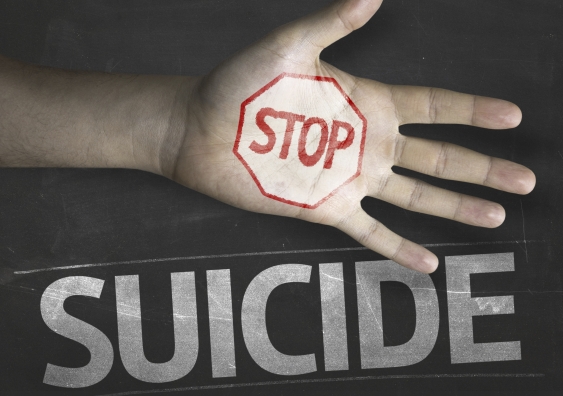Australia's suicide rate the highest in 10 years
Suicide will continue to be the main cause of death for Australians aged 15 to 44 unless proven prevention strategies are implemented, according to the Black Dog Institute.
Suicide will continue to be the main cause of death for Australians aged 15 to 44 unless proven prevention strategies are implemented, according to the Black Dog Institute.

The latest ABS statistics show us that suicide is still the main cause of death among Australians aged between 15-44. This is despite increased investment and significantly increased awareness over the past decade. Why have we not been able to reduce the terrible rate of suicide in Australia?
According to Dr Fiona Shand, senior researcher at UNSW's Black Dog Institute and the NHMRC Centre for Research Excellence in Suicide Prevention, it is quite simply because we keep doing what we have always done.
“If we want to be really serious about saving lives, we need to focus on strategies that have been proven to work, not simply rolling out awareness campaigns.”
“If we look to the research evidence from here and overseas, there are clear strategies that have been proven to reduce suicide. Only some of these are currently in use in Australia, and implementation tends to be scattered and disproportionate to their impact.”
“Not surprisingly, the most powerful way to reduce suicide is to improve access to quality mental health care and support GPs to address depression and suicidality in their clinics.”
“Other strategies such as training “gatekeepers” like school counsellors, and restricting access to lethal means are also effective.”
“We know that no single strategy will solve this incredibly complex issue, and what is needed is a combination of strategies targeting both the individual and the population,” Dr Shand says.
Black Dog Institute researchers have developed a suicide prevention program that involves all proven strategies being implemented together and tailored to local community need.
Called Lifespan, this program is being rolled out in NSW and has formed the basis of suicide prevention activities nationally.
According to Dr Shand, we can no longer fail our most vulnerable by sitting by and do the same thing.
Lifespan will reduce the suicide rate by at least 20% in the first few years, improve the lives of thousands of others who were considering suicide, and relieve the huge burden on families, friends and work colleagues.
Find out more about the Lifespan program at www.lifespan.org.au
Read an opinion piece by the Black Dog Institute's chief scientist USNW Scientia Professor Helen Christensen here.
If the information in this article has raised concerns for you or someone close to you, help is available by phoning:
Lifeline 13 11 14
Suicide Call Back Service 1300 659 467
Beyondblue Support Service 1300 22 4636
Kids Helpline 1800 551 800